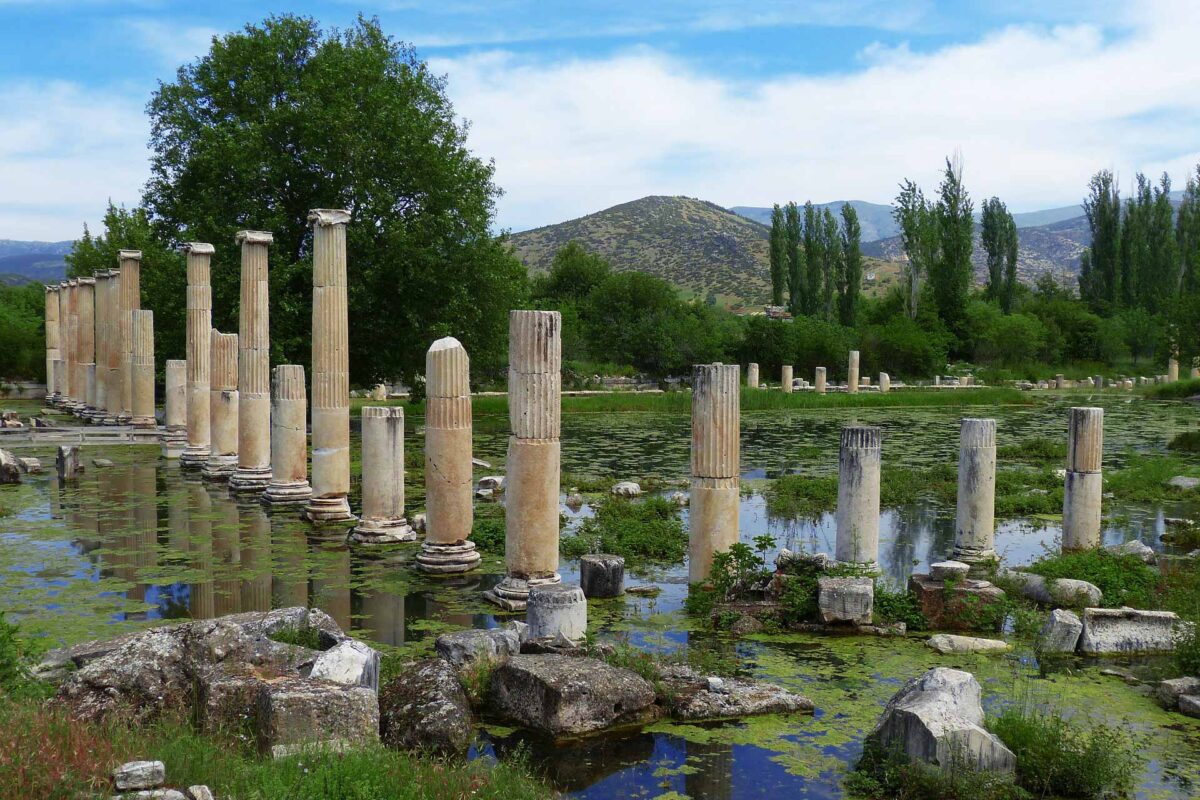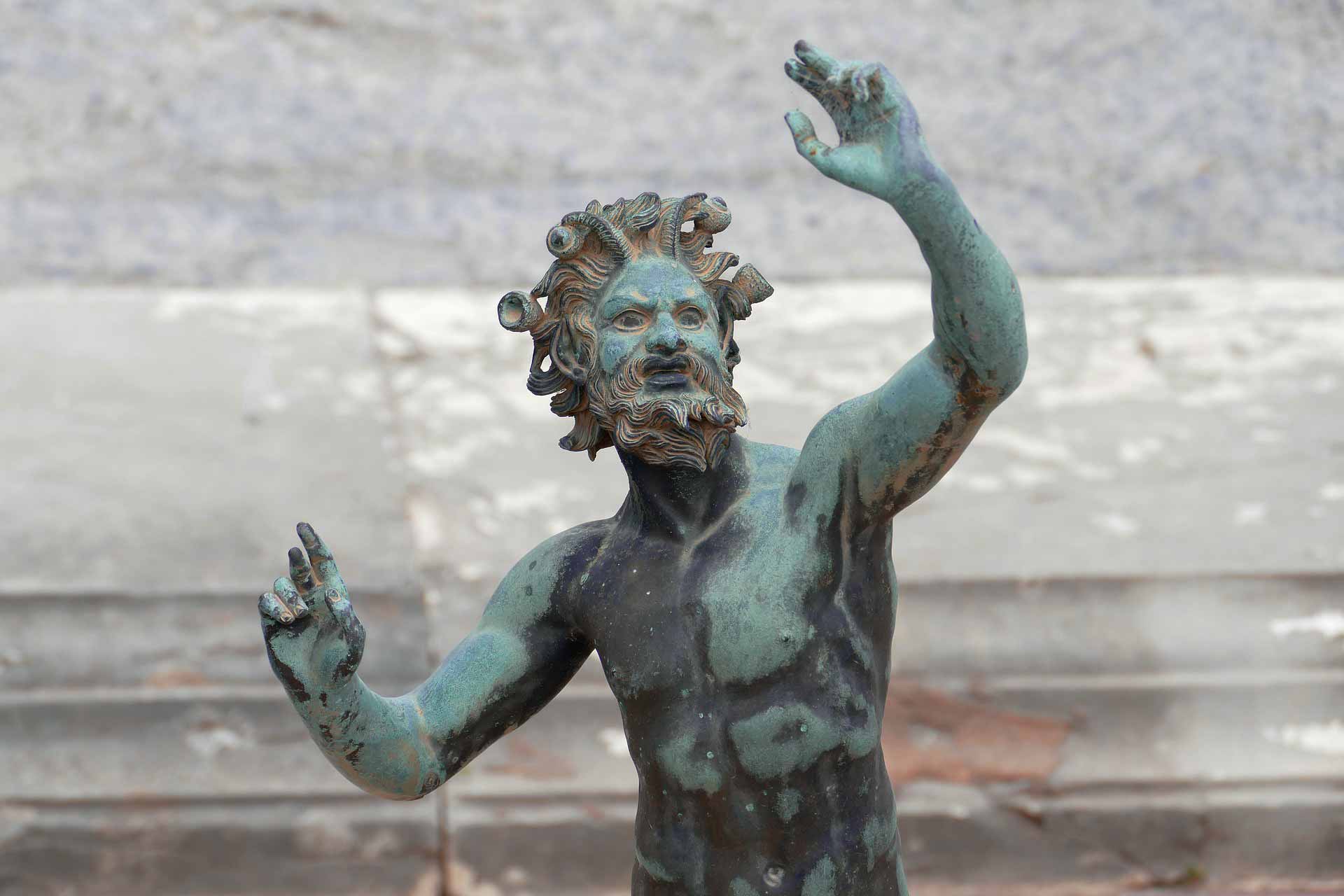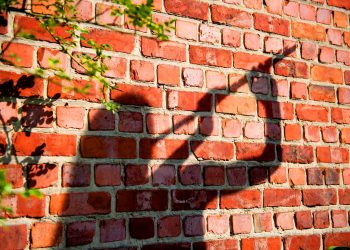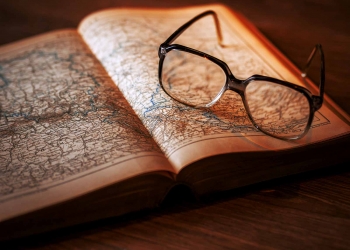The EU is taking measures to prevent the illegal trafficking of cultural goods. Many EU laws prevent the import and storage in the EU of cultural goods illegally exported from a non-EU country. Illicit trafficking in cultural goods deprives countries, especially the least developed, of their cultural heritage. It also supports terrorism and other criminal activities. Can EU bring this Illegal Trade to an end?
#CULTNET2020 on Illegal Trade
On the occasion of the German Presidency, the 7th Meeting of EU CULTNET will take place. This is an informal network of experts from law enforcement and investigative agencies and experts in the field of cultural property protection. The Minister of State for Culture and the Media (BKM) has invited EU CULTNET experts to an online working meeting. They will discuss various matters related to fighting the illegal trade in cultural property.
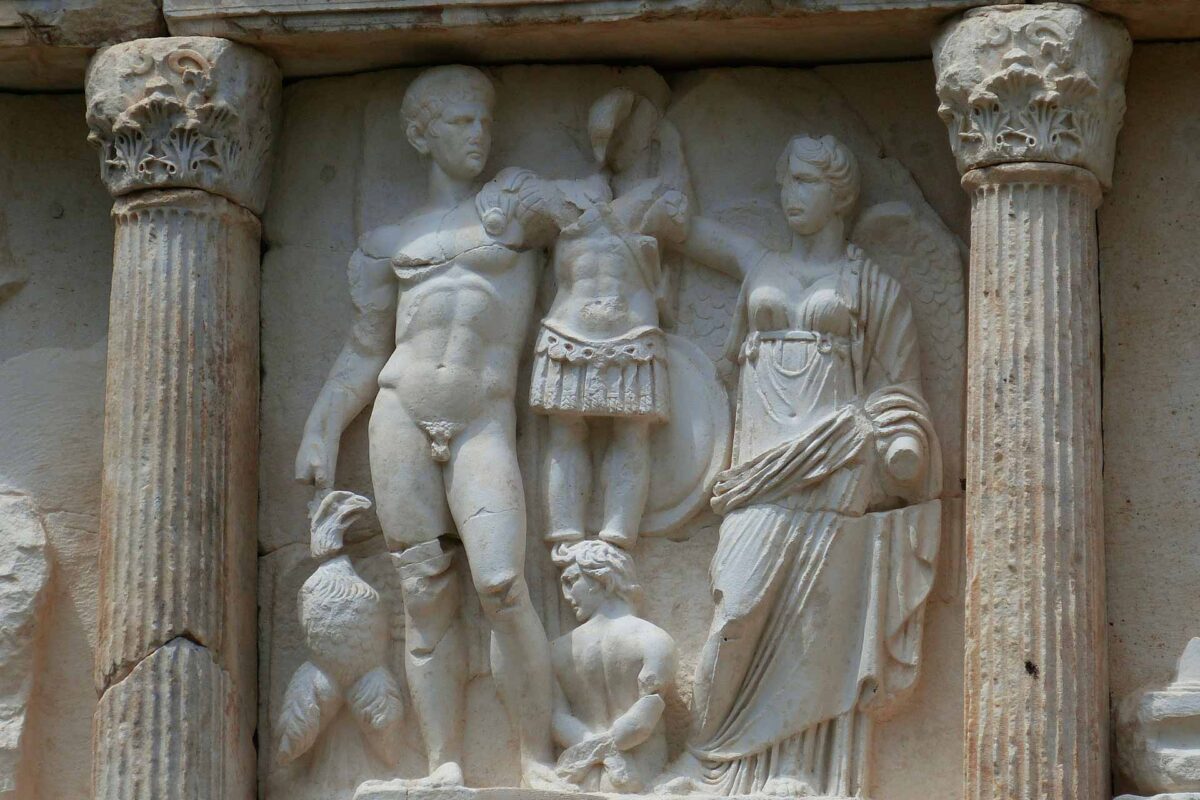
The meeting will begin with a virtual workshop. This will bring together actors in the field of cultural property protection from Germany, EU member states and non-EU states. Speakers will present approaches and ongoing projects that support the practical work of cultural and law enforcement authorities in combating the illegal trade of cultural property. After the workshop, members of EU CULTNET will continue the meeting as a restricted online conference.
Practical Measures to fight the Illegal Trade in Archaeological Cultural Property
11. – 12. NOV
EU rules to clamp down on illicit trafficking and illegal Trade in cultural goods
Imports of the most vulnerable cultural goods, such as archaeological objects and elements of monuments, require a special import licence. EU country issue this licence if goods are at least 250 years old. This licence is the proof of the importer that the goods in question have been lawfully exported from their country of origin. Imports of less vulnerable cultural goods, such as collections of fauna or flora, coins, engraved seals, paintings, sculptures, books, which are at least 200 years old and are worth at least €18 000 require a statement by the importer that the goods in question have been lawfully exported.
Information on cases where import licences have been granted and importer statements issued are stored in a centralised electronic data base. Commission has this data base, which is always accessible to all national authorities in the EU.
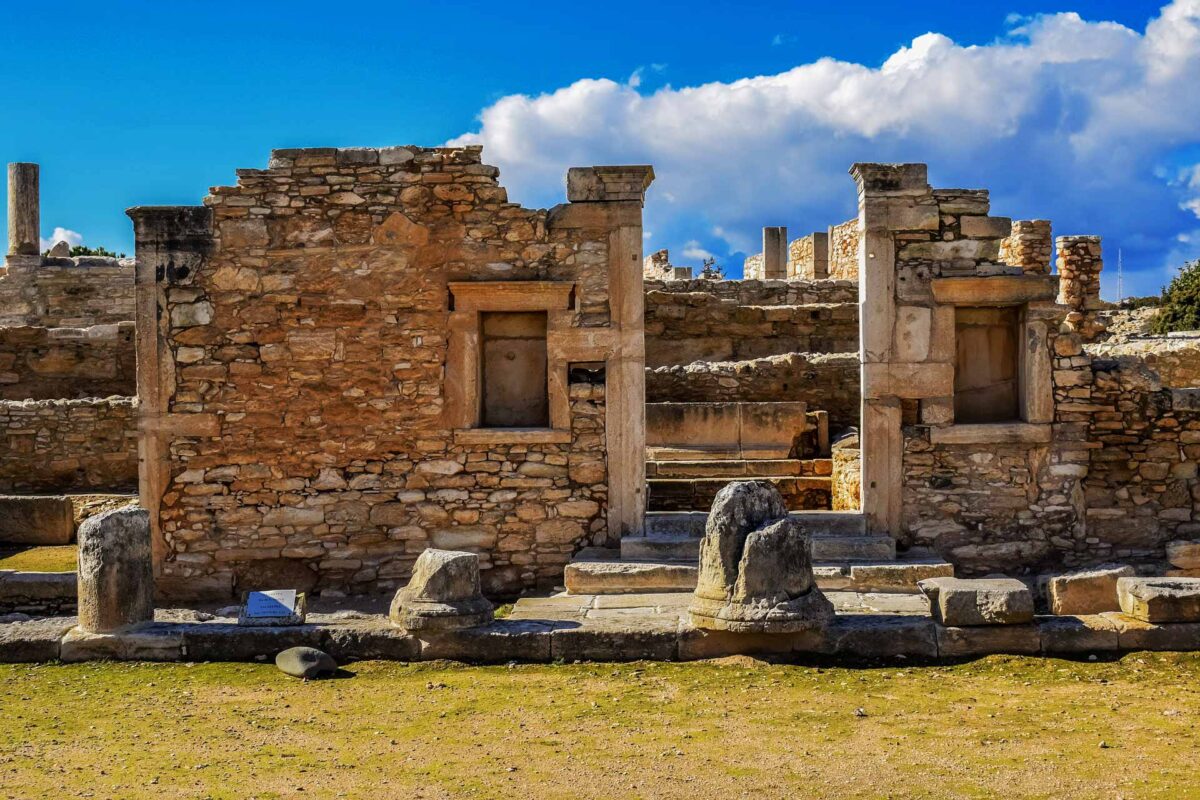
International Association of Dealers in Ancient Art (IADAA)
Issues surrounding the protection of mankind’s cultural property have become more and more prominent in recent years. Warfare, economic development and religious and cultural intolerance are threatening our shared inheritance.
The International Association of Dealers in Ancient Art (IADAA) has been highly active in campaigning to protect the legitimate antiquities trade. IADAA is also investigating the best means of putting an end to the illegal activities of looters, smugglers and forgers. This work involves a great deal of research, fact checking and formulating policy. IADAA eudebates with lawmakers, law enforcement and other bodies like NGOs.
IADAA’s chief messages on Illegal Trade are:
- The trade is as horrified by the destruction and iconoclasm as anyone else and we share a common cause in wishing to defeat it.
- The trade has more incentive than anyone else to stop the crooks because of the damage they risk causing the reputation of the legitimate trade.
- The focus should now be on Article 5 of the UNESCO Convention, which has not been adopted fully and which obliges signatory countries to protect their archaeological sites properly.
- The authorities need to base their decisions on independently verifiable evidence, not on hearsay or unsubstantiated claims in media reports.
- Dealers will not find a workable solution unless all parties to the debate work together, including, the trade.
